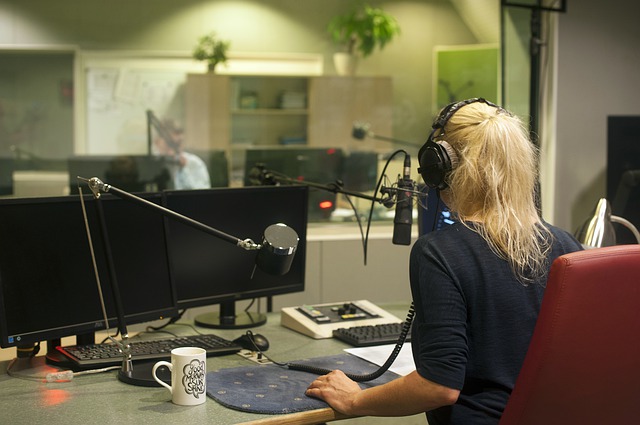 Although brands increasingly turn to social media influencers to promote their PR and marketing messages, some experts argue that an older type of influencer is still effective.
Although brands increasingly turn to social media influencers to promote their PR and marketing messages, some experts argue that an older type of influencer is still effective.
Brands that tap radio personalities can see a robust jump in earned media and website traffic. There are more than 25,000 on-air radio personalities — also called talent, DJs, jocks, influencers, experts and journalists — in the U.S., says Tammy Greenberg, senior vice president of business development at the Radio Advertising Bureau, in an article for the ANA.
They include personalities like Ryan Seacrest, Delilah, John Tesh, Mark Levin, Mario Lopez, and Scott Shannon and regional household names like Nessa, Kirk Minihane, Eric Ferguson, and Nikki Nite. Also heard regularly on broadcast radio are many social media influencers like Ben Shapiro, Khloe Kardashian, and Carolyn Manzo.
More than half (58%) of listeners in the Jacobs Media “Techsurvey 2018” state they tune in to radio mainly to hear the talent. In addition, eight out of 10 say they’d consider trying something that their favorite radio personality recommended, according to the Katz Media survey.
“In the age of outcomes, where it is a requirement that media demonstrate proof of trust, authenticity, accountability, and attribution for the dollars marketers invest, leveraging radio’s personalities and the relationships they have with their followers is a smart and solid bet,” Greenberg says.
Different from Social Media Influencers
Although similar, radio influencers differ from social media influencers, says Buck Robinson, partner and chief radio strategist at The Media Manager, in an article for Target Marketing. Social media influencers typically mention products in often terse, vague remarks. Followers are not sure how forcefully influencers endorse the product or use it themselves.
Radio or podcast endorsements, by contrast, may talk about the product for several minutes, and sometimes radio hosts offer narratives filled with rich details.
“They might even veer off script, discussing benefits or sharing anecdotes,” Robinson says.
“By the end of the dialogue, the audience deeply understands the relationship and engagement between the host and brand. Not only does this transference of legitimacy build trust between the host and listeners, but also between the listeners and the advertiser.”
Allowing brands to reach niche demographics, radio endorsements also provide better audience targeting capabilities than celebrity endorsements, Robinson says. Brands can easily tweak their PR and marketing messages on radio or through other audio outlets, including podcasts and satellite radio, to fit the style and authenticity of the endorser and appeal to a particular type of listener.
With many different audio hosts available, brands can easily find several to reach various demographics.
Tips for Working with Radio Personalities
Instruct the radio host to tell listeners to use a trackable promo code for a discount when purchasing the product. That allows the brand to measure the effectiveness of radio promotions.
Choose radio hosts who appeal to your target personas. Sounds obvious, but marketers often seek hosts they listen to themselves. They’re probably different from their customers’ favorite hosts.
Allow off-the-cuff remarks or stories. Offer talking points but avoid scripts. They sound stale and inauthentic.
Radio influencers can mention brands on their websites and social media. Include your expectations, such as a certain number of social media posts, in a written agreement, to reach an understanding.
Radio is subject to Federal Trade Commission (FTC) guidelines for labeling paid promotional content. In the distant past (early 1960s), radio was lambasted for “payola.” Disk jockeys secretly took payments from promoters to give more air time to recordings of specific record labels. Today’s marketers may not remember those scandals, but the radio industry certainly does – and remains sensitive to any charges of “payola.” Following FTC guidelines for influencer marketing will avoid repetition of those scandals.
Bottom Line: Brands can benefit by taking a new look at radio personalities, sometimes called the original influencers. Radio personalities, also called DJs or radio hosts or journalists, offer advantages over social media influencers.
William J. Comcowich founded and served as CEO of CyberAlert LLC, the predecessor of Glean.info. He is currently serving as Interim CEO and member of the Board of Directors. Glean.info provides customized media monitoring, media measurement and analytics solutions across all types of traditional and social media.




